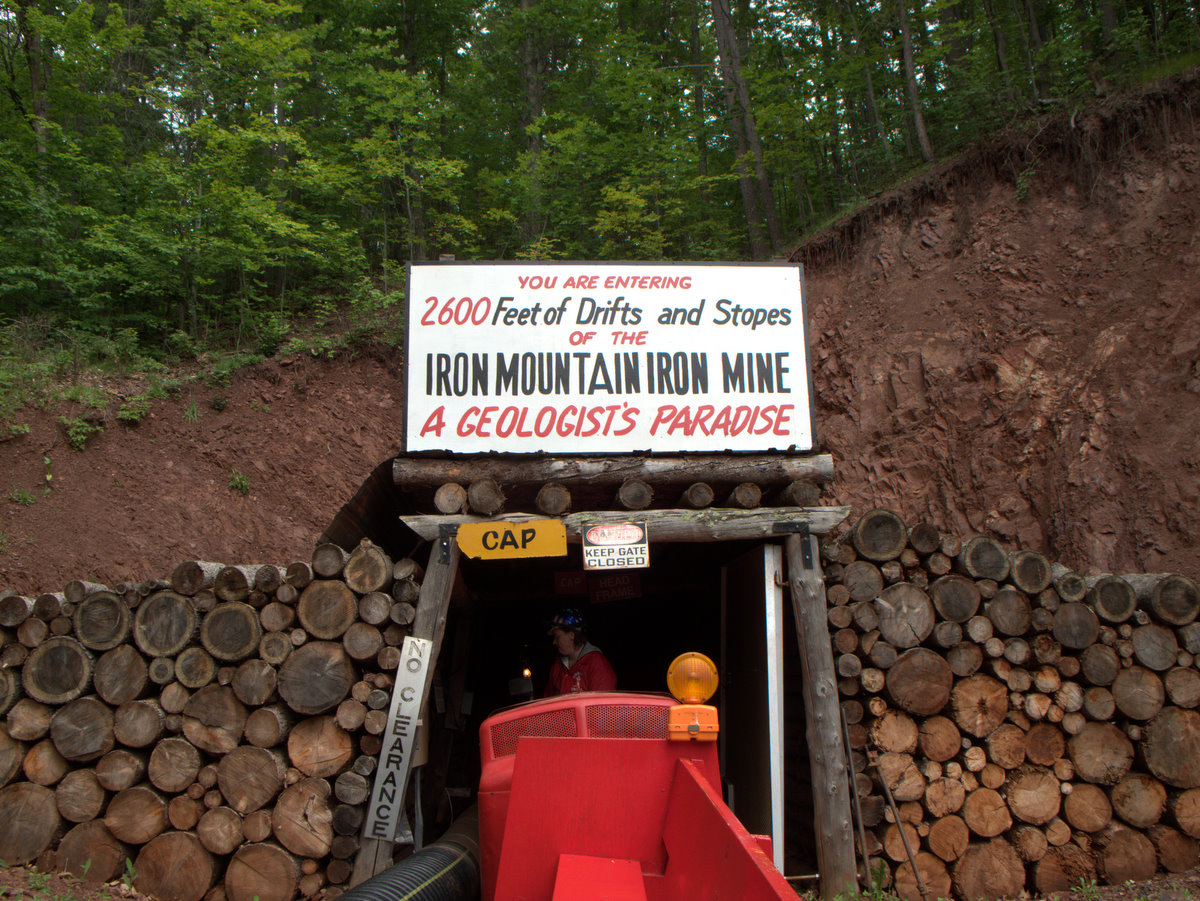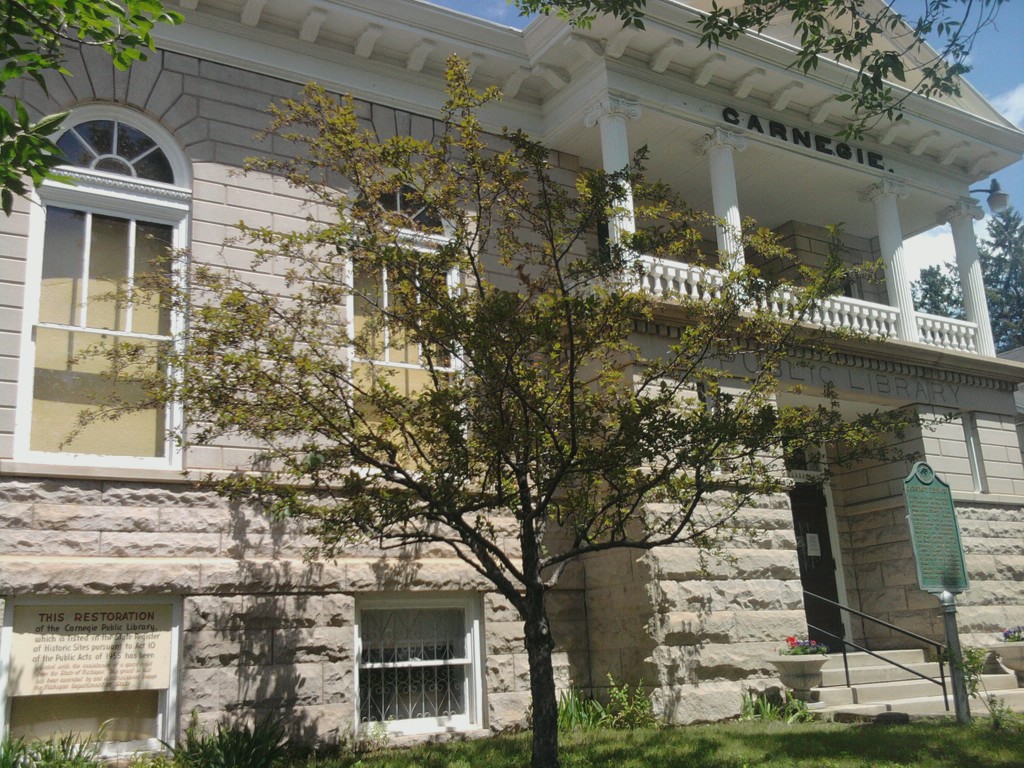Place: "writing from a place, from a community, from a location in the world"
 Part of the profession of writing and studying history demands an indifference to place. One reason for this is the slim chance of finding an academic position in the exact city where you might want it, so we want to be assured that any location is surely a great place to do our jobs. But the other, more significant, aspect of our profession is that we almost always start with something that happened and then look around at the place where it occurred. The location, the city, the larger community, is the secondary thing that we consider, after the initial social or political bit caught our interest.
Part of the profession of writing and studying history demands an indifference to place. One reason for this is the slim chance of finding an academic position in the exact city where you might want it, so we want to be assured that any location is surely a great place to do our jobs. But the other, more significant, aspect of our profession is that we almost always start with something that happened and then look around at the place where it occurred. The location, the city, the larger community, is the secondary thing that we consider, after the initial social or political bit caught our interest.
Local and public history is almost exactly the opposite. For the people living in their home, in their city or town, in their region, they begin with a place they care about and ask what happened there, in that spot that they claim, maybe even identify with.
It might be the disassociation, the impersonal way that we take history and dissect it, interpret it, and polish it up into a book filled with delicious complication and some big words, that sometimes causes our own alienation from everyday people, who consume a wholly different kind of history. While the doctoral works sit in the university library for other noble scholars to ponder and converse over, citizens of my city are consuming history through television documentaries and films, theme parks, mass market historical fiction, facts and tidbits on Snapple caps, and maybe (hopefully!) a museum every now and then. Part of why I find public history so important a field is that we see how both of these types of history are important, and, as Michael Frisch said in his book with the same title, we have a "shared authority." The conversation about history is not only taking place in the university, nor should it. We are not allowed to shake our heads, smiling sadly, at the interpretations of Hollywood movies or History Channel specials if we are not willing to take the discussion to the table, equally set, to have a talk about the complexities and contentions in our past.
 And we can talk about community histories together. This is an exciting idea to me, because I am a bit of a product of that American placelessness problem (although I don't see it as a "problem"); I did not have deep connections with particular cities, communities, or regions on a historical level until the last few years, when, either adulthood or my upper division history courses or both dropped me into a strange reality: I cared about where I lived. I don't mean that I never cared about a place, what I mean is deeper, on a historical level: I care about what happened in that place before I got there. That is a significant difference, and it changes your approach.
And we can talk about community histories together. This is an exciting idea to me, because I am a bit of a product of that American placelessness problem (although I don't see it as a "problem"); I did not have deep connections with particular cities, communities, or regions on a historical level until the last few years, when, either adulthood or my upper division history courses or both dropped me into a strange reality: I cared about where I lived. I don't mean that I never cared about a place, what I mean is deeper, on a historical level: I care about what happened in that place before I got there. That is a significant difference, and it changes your approach.
A majority of the courses I took to earn my bachelor's degree were on world history. I know a lot about Chinese history and politics, India and South Asia and their politics, West Africa, Central Asia, even a bit (though only a bit) about Europe. But not being from any of those places, there is only so much I can ever hope to know about them, and I may never understand them fully. That leaves me knowing not very much about the larger world, but even less about my own history. I learned a lesson, I grounded myself and thought headily about how much I need to learn about my own complicated past (and how it relates to all the other ones I've studied, which fold back into each other in beautiful important ways.) Wouldn't you know, the American history and public history courses I did take had some of the most profound impact on me, and my career path.
The deeper I get into history though, I need to have my areas of expertise, of core interest, the parts of history whose facts I know, like the professors who sometimes amaze me with thee breadth of their knowledge. (I rest more easily when I remind myself that they've had a lot longer to learn all these things.) I don't officially have my list yet. I don't know what I want to study, maybe because there are so many things I would like to study.
Usually I'll ramble off something about the immigrant experience in America, as that is an area I am extremely interested in. Regular readers will know I have an ongoing fascination with the notion of nationality and identity, and what happens when you are too many of those things, and what point in the spectrum garners you a hyphenated identity. It has been interesting recently, for example, to read of the Tiger Mom, Amy Chua, the strict Chinese mother (living in the U.S.) who has raised her children markedly unlike the American counterparts around her. But in China nowadays, Chua's is an old guard of parents, a generation past. To Chinese people, the controversy is surrounding an American mom; she is an American mom to them. So who is she? What is she? That is just juicy, good stuff. So, that is one area I really do hope I get to work in. There are so many stories from so many countries that become part of our American history as soon as they enter our country. Some have been here a long time, others, not so long. They're all important stories.
Anyway, this week I read historian David Glassberg's Sense of History: The Place of the Past in American Life and it was brimming with quotable and thought-provoking observations and experiences in the minds and matters of the public and their past, and what it means. His concluding remarks were both a revelation in combining emotion and a study of the past, and in reveling in connectivity and separation at once, a challenge and aspiration for historians to tackle today. But he also spoke right to newcomers to the field, and reassured me that I have talents and ideas to bring to the world yet, and I'll figure out what they are before long.
The distancing from life, the quest for perspective that historians learn in graduate school as the core of the historical enterprise must be balanced by a recognition of our personal needs for the past. Our own experiences, our own families, our own communities, can be the source of historical insights, not because we assume that everyone is like us, but because we can establish who we are only by writing from a place, from a community, from a location in the world.
So what will I tell my students wanting to become historians? Certainly to learn the history of the profession, and the skills necessary to earn a living doing history, whether through teaching or any number of other pursuits. But also to find a place from which to write, and to cultivate a humanity within yourself that allows you to connect with others in that place. To help the residents of your community to see the value of the ordinary places where they live. To help your neighbors to expand their time perspective beyond a generation or two. And perhaps most difficult, given the tendency Americans have to make histories that exclude others from their life-stories and neighborhoods, to help your fellow citizens to expand their social perspectives beyond their immediate families, so that they discover in their quest for a history and place that they can call their own, that they are part of a larger society and environment.
I have been sitting on an idea for my own historical and creative endeavor that I can hopefully turn into my larger capstone project for my master's degree (that class will be next spring). And I can tell you that reading this passage makes me want to jump out of my seat and go start it right now. So many good discussions to have out there... so much amazing history, wrapped up in people's lives and surrounding them every day. Since the day I decided I wanted to be a journalist, in high school, I've had the urge and the need to share stories that illustrate the grandness of human drama, and to show people the larger perspectives and how they fit in. That urge is at the center of everything I've been doing since then, although it has taken many positive twists and turns from that title "journalism." It's really writing. Telling stories. That's what I do, have done, will do.

